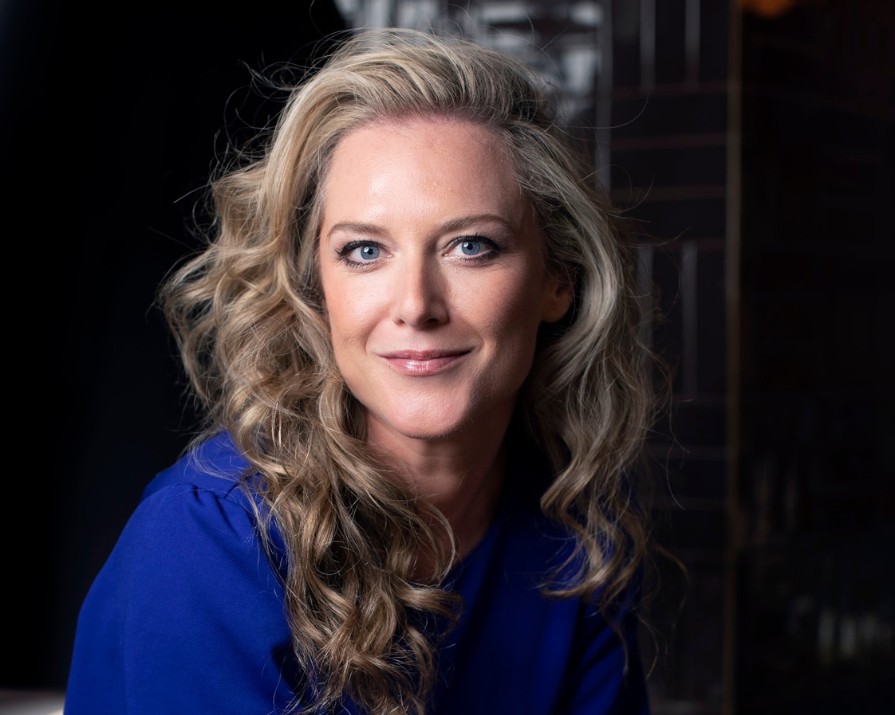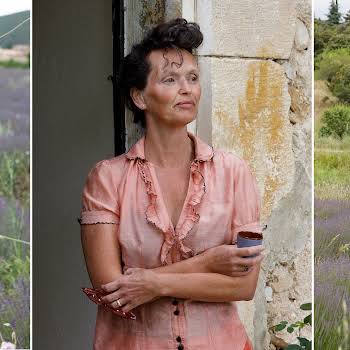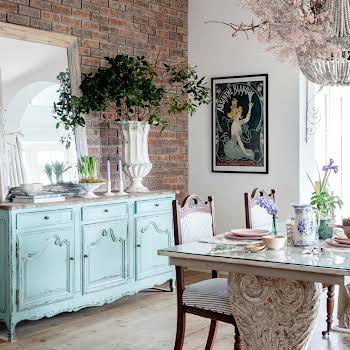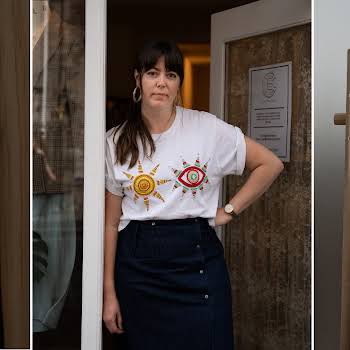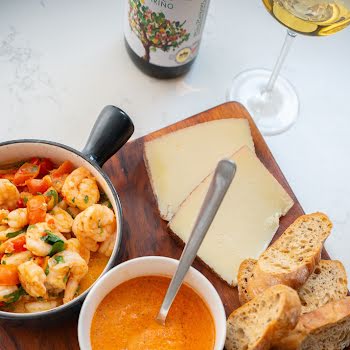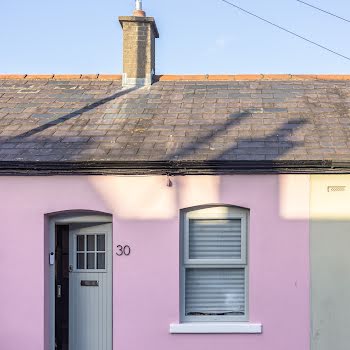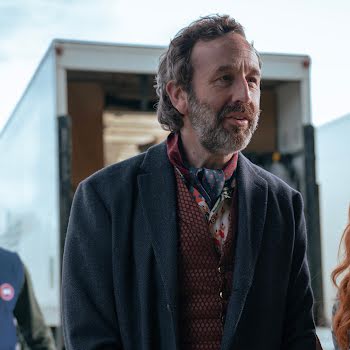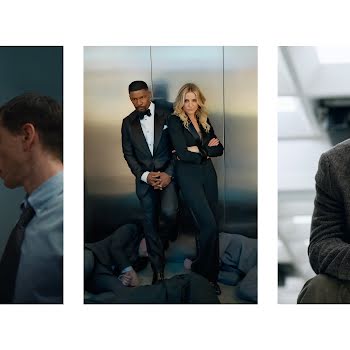By Meg Walker
17th Aug 2022
17th Aug 2022
Having begun her career as a light-lyric soprano, Sinéad Campbell Wallace took time away from the stage to teach and be near her family. But a return to performing in 2018 came with the discovery that her voice had changed, so she went with the flow and moved into fuller dramatic repertoire, taking on challenging roles.
This summer, she took to the Bord Gáis Energy Theatre stage with the Irish National Opera (INO) to tackle Puccini’s Tosca, and she couldn’t be more thrilled.
Tosca is one of the most well-known operas, so the expectation is quite high. It’s an intensely dramatic role, so it demands a lot of energy from the performers, particularly the role of Tosca. You have to have a lot of mettle and stamina. This is the second INO role I’ve taken on – the first was in November 2021, when I sang the role of Leonore in Beethoven’s Fidelio.
I took time out from the stage for a few years when I had my two children and took a teaching job at the DIT Conservatory of Music (now TU Dublin). Then in 2018, I decided to try and renew my career as an opera singer. It was a challenge to get that back up and running after such a long break. I got in touch with my old contacts in Ireland and the UK and went back to basics in terms of vocal coaching. I found my voice had really changed from before I had the children. So I was looking into different roles, different repertoire. It was like starting again. Things started to develop and gain momentum pretty quickly, but of course, Covid followed not long after and everything just stopped. It was quite a blow. There was that sense of being on the cusp of something, and then for it all to just suddenly stop… It was disappointing at the time, but luckily, things are getting back on track.
Being back on stage after so long feels incredible. I did a couple of things over lockdown, such as the INO’s 20 Shots of Opera – a video collaboration with 20 new short works by Irish composers, which was amazing, but nothing compares to actually being on stage and singing for a live audience, and it was amazing to feel how much I’d missed it. We all did, both audience members and performers. There was a huge energy and warmth from those initial audiences when we started performing again – just everybody’s gratitude that we were back in the theatre… It was an extraordinary feeling.
Growing up in Wexford, I attended the annual opera festival from a young age. That was my introduction to the artform – I’d get tickets to the dress rehearsal at the Theatre Royal. I was about 10 or 11 when I went to see my first opera there. I can’t remember what it was, but it was a very dramatic Italian opera. I remember watching the soprano playing the lead role, and I was transfixed. I had no background in classical music or opera at that point, but soon after that, I started getting singing lessons. I’d never seen anything like it. Even at that age, I was moved. I felt really emotional watching this woman use her voice in such an expressive way. It really made its mark on me. And that was the start of it.
I think it’s so important to give children exposure to the arts. People might have the impression of opera as being conservative or slightly elitist or too serious, but nowadays, opera has become so much more accessible. It’s much more relaxed. And I think over the next few years, with our new opera company here, opera will continue to become more and more a part of our culture.
Portrait by Frances Marshall. This article originally appeared in the Summer issue of IMAGE Magazine, on sale now.











